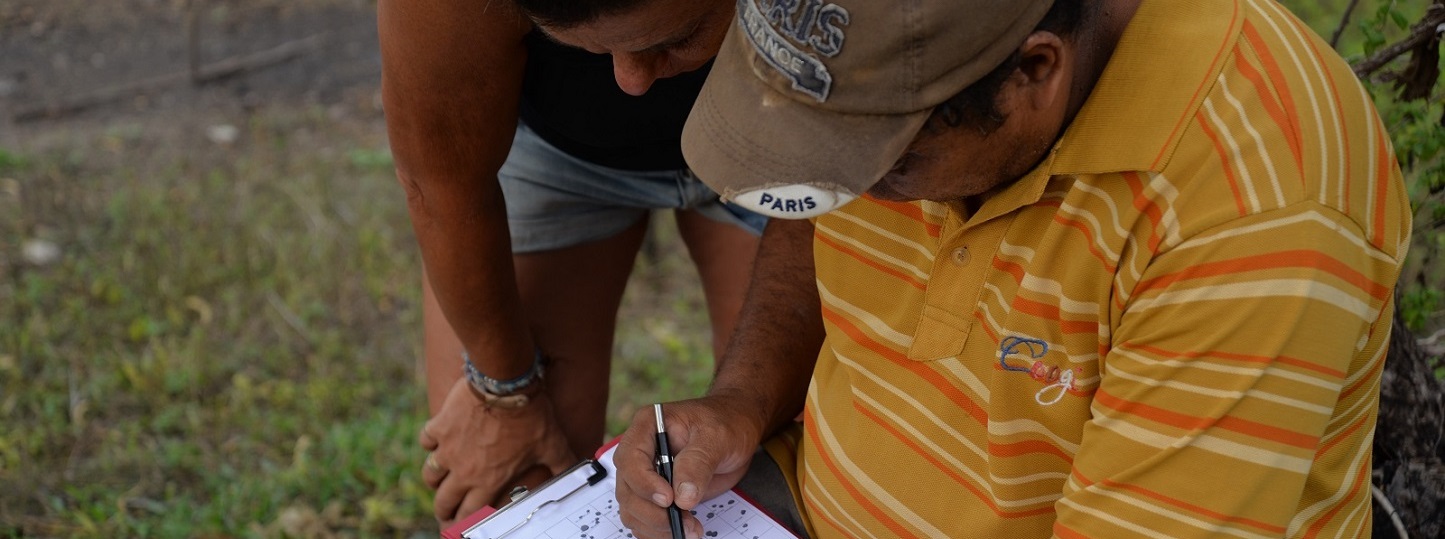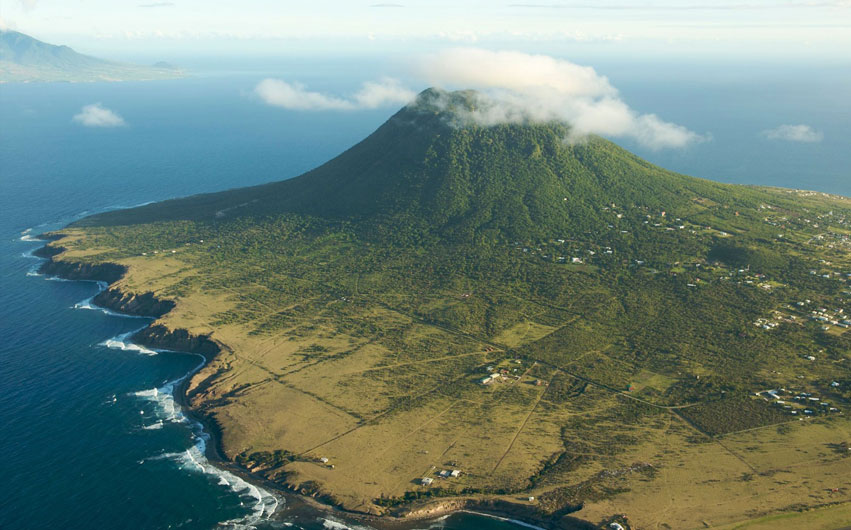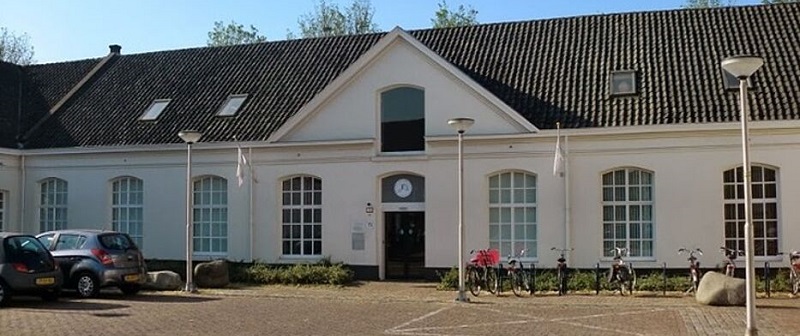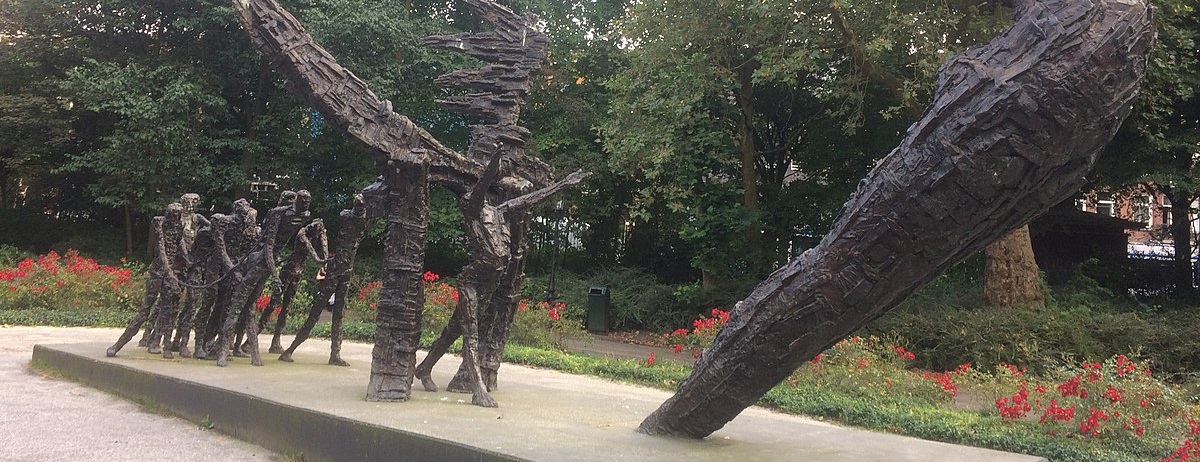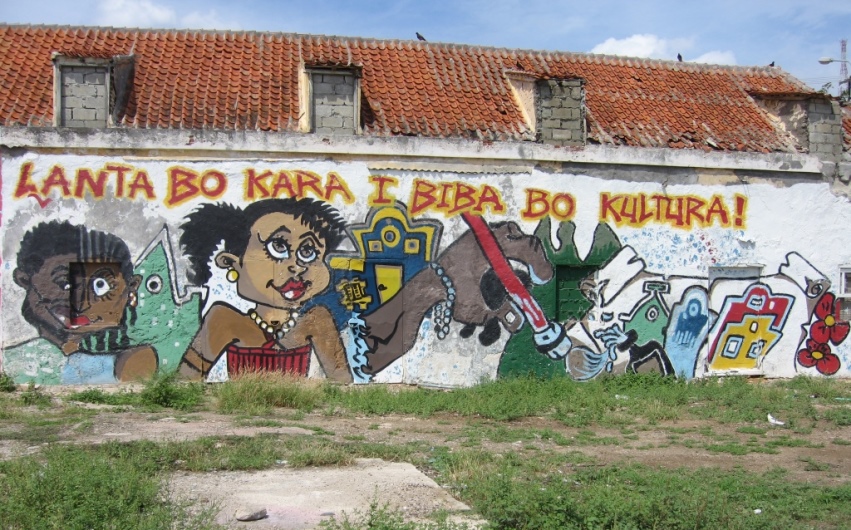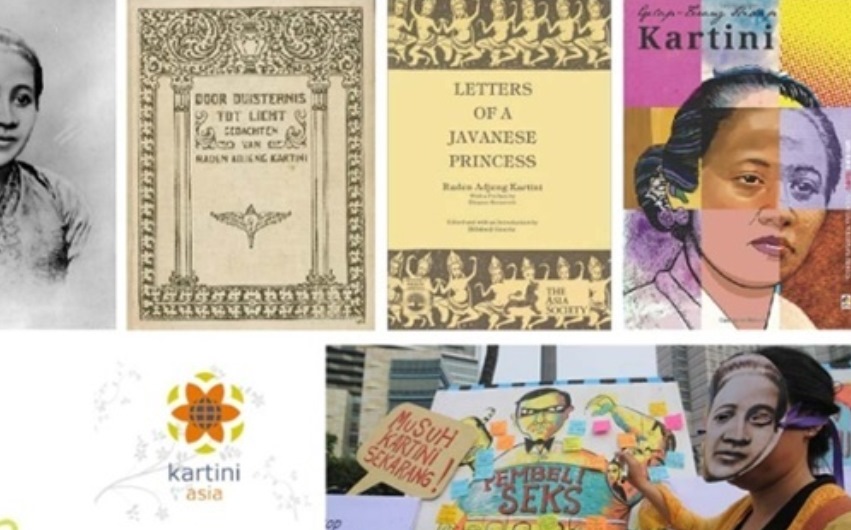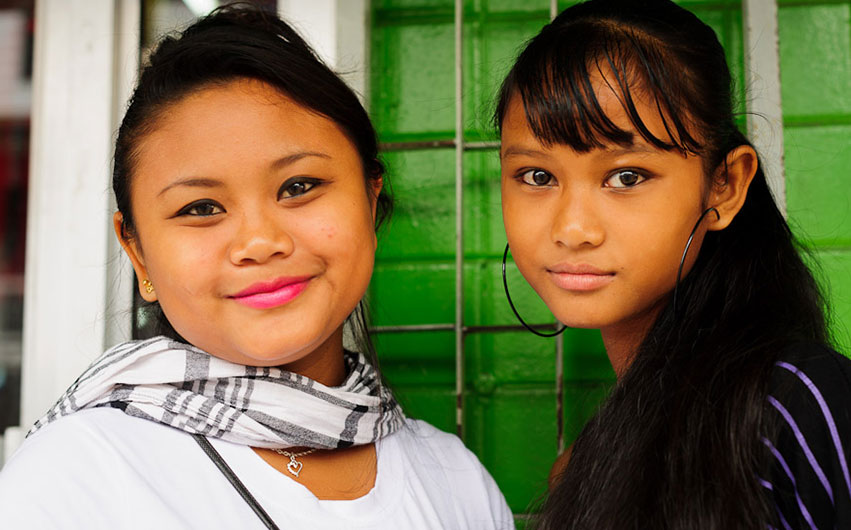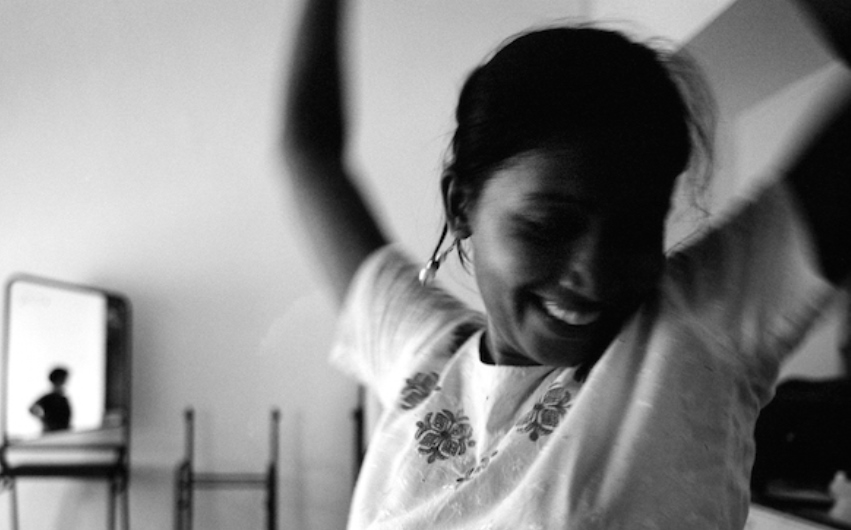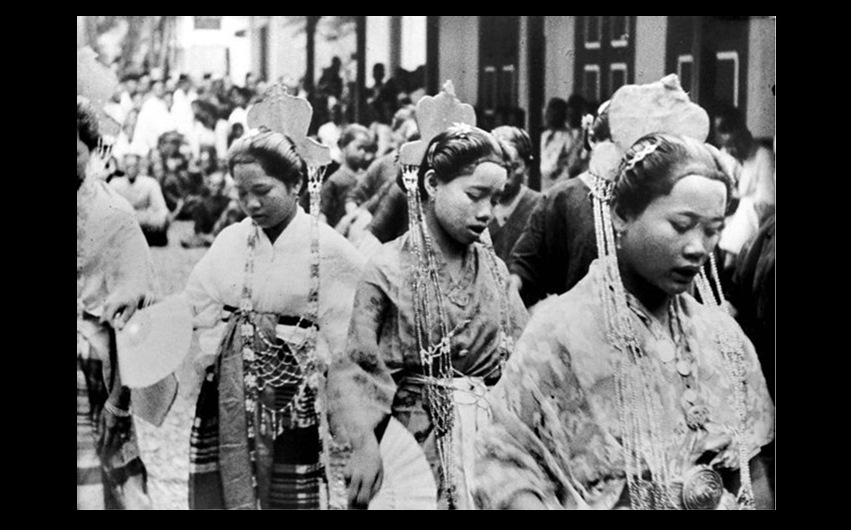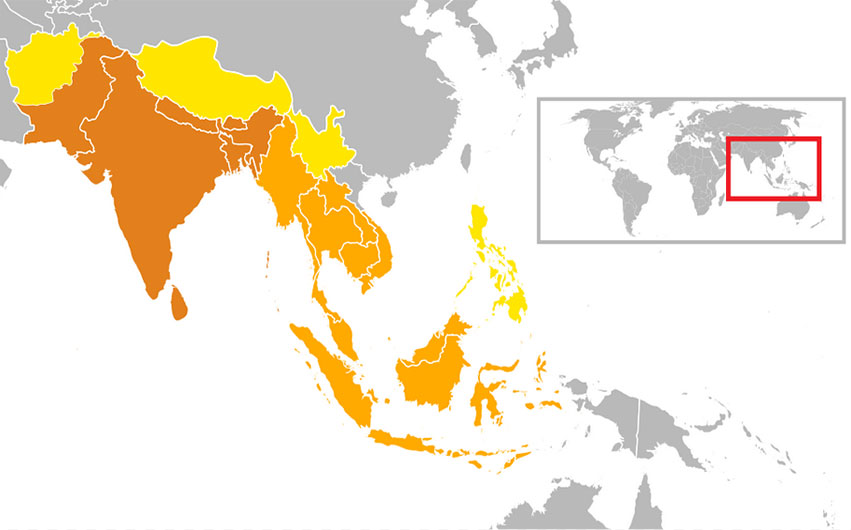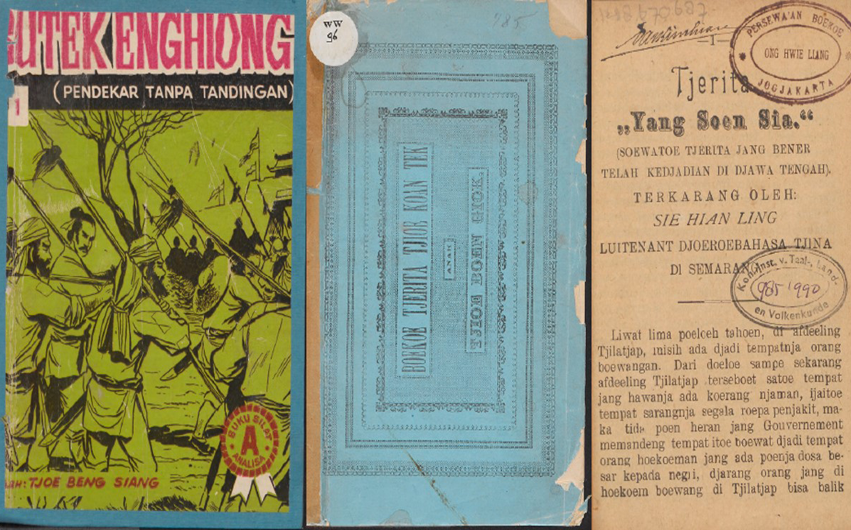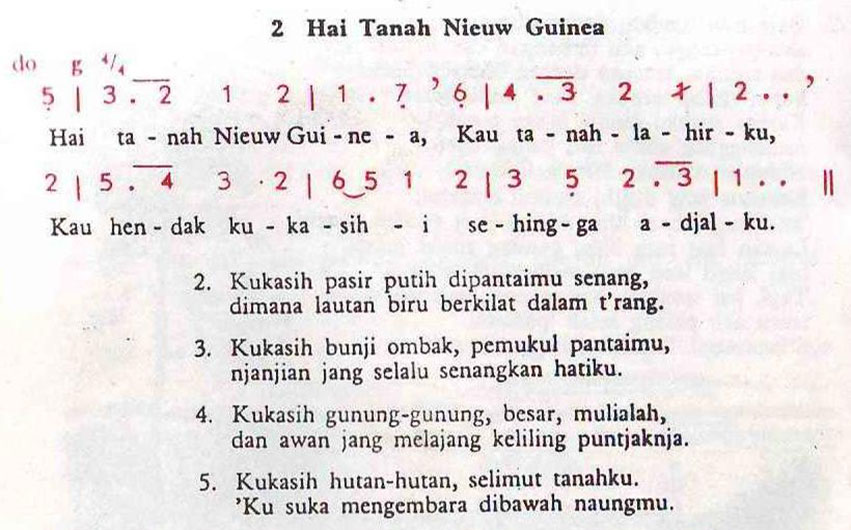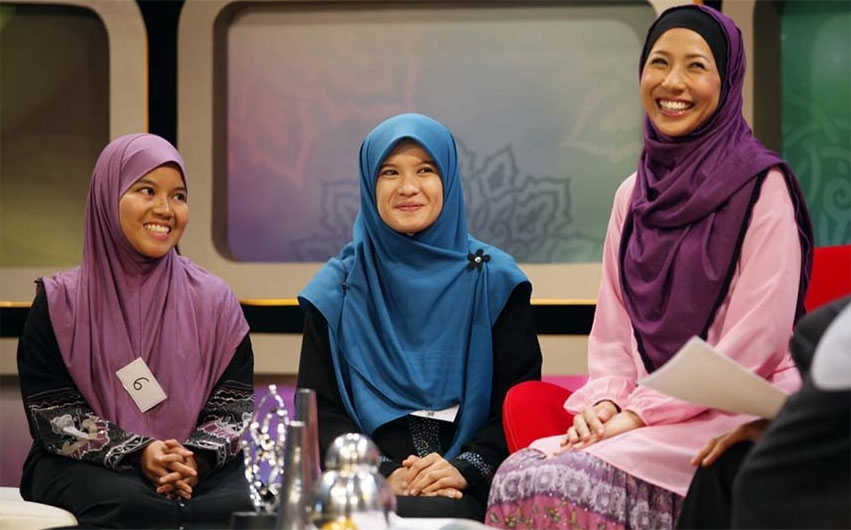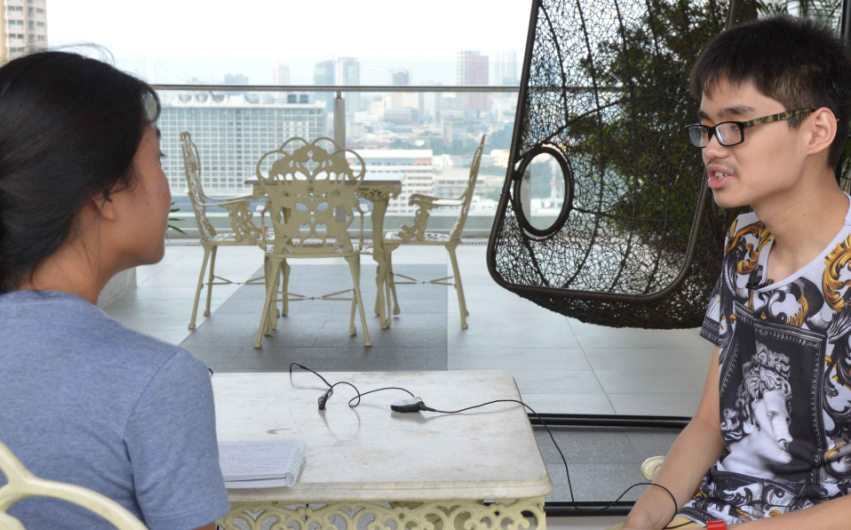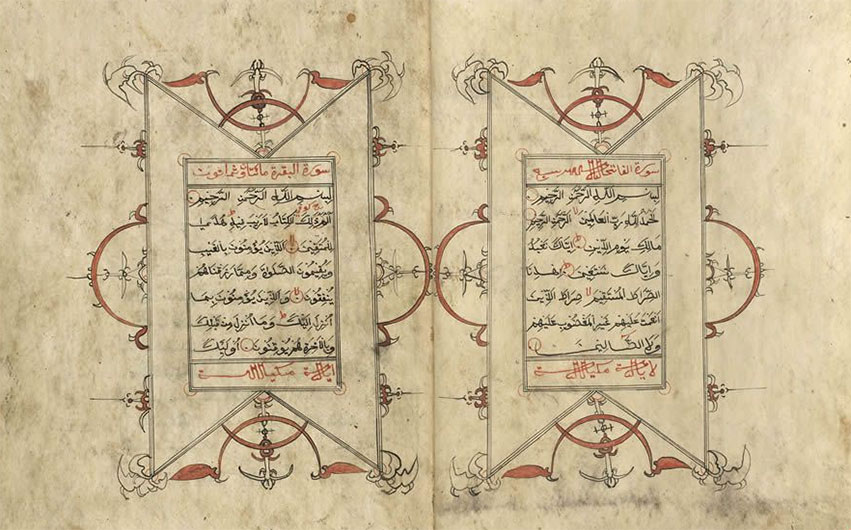The movement of people, ideas and goods, and processes of identification and differentiation that often transcend (former) colonial borders and imperial frameworks are central to this theme. Notions of ‘religion’, ‘origin’, ‘tradition’, ‘authenticity’ and ‘modernity’ and the institutional contexts in which these are framed and authorized are vital in tracing complex processes of belonging and exclusion. Recent projects that address this theme include ‘Articulating Modernity’ on the history of popular music in Southeast Asia, ‘Postcolonial Migrations’ from various former Dutch colonies to the Netherlands, ‘The Javanese Diaspora’, and ‘Java and the Idea of Greater India’.
The indigenous Amerindian past of the Caribbean region is hidden in a vulnerable soil, which is under constant threat of natural disasters, climate change, looting and illegal trade, economic pressures, tourist development, and a lack of heritage awareness. Insufficient effective legislation for the protection of heritage in many of the islands leads to the destruction of archaeological heritage and the loss of knowledge about a crucial episode in global history: the unwritten history of the indigenous Amerindian inhabitants, whose descendants were the first to come eye to eye with European colonizers in the America’s.
How did political reforms and intensive migrations affect historically grounded identities and political practices on the Dutch Caribbean islands of Bonaire, St. Eustatius, St. Maarten, and Saba? This project seeks to answer this question by integrating multiple disciplines to analyze governance and identity in small-scale polities, with a particular focus on non-sovereignty, migration, and (sustainable) development.
In opdracht van de gemeente Rotterdam voerde het KITLV de afgelopen twee jaar een onderzoek uit naar het koloniale en slavernijverleden van de stad. Deze opdracht vloeide voort uit de door de gemeenteraad van Rotterdam op 14 november 2017 aangenomen motie-Wijntuin, waarin om zo’n onderzoek wordt gevraagd. Het KITLV werkte in dit project nauw samen met het Stadsarchief Rotterdam.
Burgemeester en wethouders van Den Haag hebben, in vervolg op een besluit van de gemeenteraad, het KITLV opdracht gegeven een onderzoek uit te voeren naar het koloniale en slavernijverleden van de stad. Het onderzoek is najaar 2021 van start gegaan en zal eind 2022 resulteren in een omvangrijke, rijk geïllustreerde bundel onder redactie van Esther Captain, Gert Oostindie en Valika Smeulders. Aansluitend op dit onderzoek zal tevens een podcast worden gemaakt en zal met culturele en educatieve instellingen in de stad worden samengewerkt om de resultaten verder te verspreiden en ook ruimte te geven aan nieuwe reflecties op het thema.
Burgemeester en wethouders van Den Haag hebben, in vervolg op een besluit van de gemeenteraad, het KITLV opdracht gegeven een onderzoek uit te voeren naar het koloniale en slavernijverleden van de stad. Het onderzoek is najaar 2021 van start gegaan en zal eind 2022 resulteren in een omvangrijke, rijk geïllustreerde bundel onder redactie van Esther Captain, Gert Oostindie en Valika Smeulders. Aansluitend op dit onderzoek zal tevens een podcast worden gemaakt en zal met culturele en educatieve instellingen in de stad worden samengewerkt om de resultaten verder te verspreiden en ook ruimte te geven aan nieuwe reflecties op het thema.
In 2003, KITLV initiated this long-term data-generating documentation project in cooperation with LIPI (The Indonesian Institute of Sciences). The aim is to establish an audiovisual archive of everyday life in Indonesia during the 21st century, and to conduct research on daily life through this archive. To this end recordings are made in Jakarta, Delanggu (Central Java), Payakumbuh (West Sumatra), Kawal (on the island of Bintan), Sintang (West Kalimantan), Bittuang (Tana Toraja on Sulawesi), Ternate, and Surabaya. Every four years recordings are made at the same locations in order to trace changes and continuities.
Op 1 juni 2022 is een regiegroep van start gegaan om te komen tot een terreinverkenning en het opstellen van een onderzoeksagenda met betrekking tot het Nederlandse koloniale slavernijverleden en zijn doorwerkingen. Het ministerie van Binnenlandse Zaken en Koninkrijksrelaties heeft deze opdracht aan de regiegroep meegegeven naar aanleiding van de motie van Tweede Kamerlid Ceder en zijn medeondertekenaars. Deze motie vraagt de regering om in januari 2023 de uitkomsten te presenteren van een onafhankelijk nationaal onderzoek naar het slavernijverleden en om inzichtelijk te maken ‘wat er heeft plaatsgevonden ten tijde van de slavernij, namens wie en hoe’.
In opdracht van de gemeente Rotterdam zal het KITLV een onderzoek uitvoeren naar het koloniale en slavernijverleden van de stad. Deze opdracht vloeit voort uit de door de gemeenteraad van Rotterdam op 14 november 2017 aangenomen motie-Wijntuin, waarin om zo’n onderzoek wordt gevraagd. Het KITLV werkt in dit project nauw samen met het Stadsarchief Rotterdam. Het onderzoek zal leiden tot drie boeken, te publiceren in oktober 2020.
Centuries of intense migrations have deeply impacted the development of the creolized Papiamentu/o-speaking cultures of Aruba, Bonaire and Curacao. The islands’ asymmetrical relation to the Netherlands begs many questions regarding insular identities. In addition, contemporary migrations have deeply impacted insular demographics and understandings of what it means to be Aruban, Bonairean, or Curaçaoan. Finally, mass tourism became a central pillar of the insular economies, adding to the changes in the demographic make-up of the islands.
Individual projects
The world has known Raden Adjeng Kartini since the publication of a selection of her famous letters in 1911, titled Door duisternis tot licht (“Through Darkness into Light”). She has since been translated into numerous languages, including Arabic, Japanese, Russian, Sundanese and French, but most influentially into English as Letters of a Javanese Princess in 1920 and into Indonesian as Habis gelap terbitlah terang (“After Darkness Comes Light”) in 1922.
This project is the first attempt to systematically examine the Javanese diaspora as a global phenomenon. It aims at tracing the origins and analyzing the developments of this diaspora across time and space, covering precolonial, colonial, and postcolonial times and zooming in on Javanese communities in Asia, Africa, the Middle East, Europe, the Americas, and Oceania. It targets the mostly forced and often traumatic dispersion of Javanese across and within state borders, the connections they developed with Java as a real or imagined authoritative source of norms, values, and loyalties, and the stand they took when confronted with issues pertaining to social and personal boundaries they wished to establish or uphold in their host environment.
This ethnographic research aims to understand the experiences of social inclusion and exclusion of female migrants in Singapore, through their embodiment of difference. Singapore is a culturally diverse city-state between Malaysia and Indonesia, and its history has been intertwined with migration. The increasing participation of women in international migration has led large groups of women from Southeast Asia and other regions of the world to fulfil roles in Singapore as low-wage workers or high-salaried employees, or as companions of husbands or studying children.
This project seeks to expand cross-linguistic perspectives in lexical typology by carrying out a detailed comparative investigation of the lexicon in the Papuan languages of the little-known Timor-Alor-Pantar (TAP) family spoken in eastern Indonesia and Timor-Leste. Combining in-depth fieldwork-based study with crosslinguistic comparison using extant materials, the project will examine the diverse evolutionary histories of the lexicon within this family. Changes in the lexicon will be tracked throughout the family in terms of both the forms of lexemes and their meanings in domains reflecting different cognitive, ethnographic, and ecological concerns (such as temperature, quantity, kinship, fauna, landscape and emotions).
The fifth largest island in the Indonesian archipelago, Sulawesi has a remarkable archaeological and historical record that makes it one of the world’s best natural laboratories for the study of the development of complex societies. Political centralization and associated social and cultural developments began some three centuries before the arrival of Europeans. In South Sulawesi these processes were recorded in indigenous languages and styles starting around the start of the sixteenth century. At this point, oral traditions were also recorded using the indigenous scripts for a full century prior to conversion to Islam. Thus early modern South Sulawesi provides an exceptional window on the historical world of the Austronesians.
Today’s Southeast Asia, including predominantly Islamic Indonesia, has, in museums, scholarship and popular imagination worldwide, become part of a Hindu Buddhist civilization that has its origin in India. This project in preparation investigates, for the period 1880-1980, how knowledge exchange between pilgrims, scholars and hippies has contributed to the shaping of the moral geography of Greater India and the re-sacralization of Hindu-Buddhist antiquities from Indonesia. What was this moral geography about, who became part of it, and who became excluded? And what was the impact of Greater India in (post-)colonial Indonesia?
The KITLV houses a unique collection of Sino-Malay literature, consisting of around 1500 books published from 1880 to the mid-1960s. Most of the collection has been digitized as part of the Metamorfoze Project, which has thus far resulted in a corpus of 4080 high-quality OCR’ed pdfs. This valuable collection of primary sources on late-modern Southeast Asia focuses on the region’s substantial population of peranakan or localized Chinese.
Historical analyses have suggested a significant relationship between missions and European overseas expansion, and between missions and the development of the idea of a Greater Britain, a Greater France and a Greater Netherlands. This project uses a biographical method that studies the relation between religion and empire. Within the scope of a biography on Isaak Samuel Kijne, a Dutch Protestant missionary in New Guinea, it investigates the relation between Protestant mission and ethnicity, Papua languages and cultures, education, colonial administration, Catholic mission, decolonisation and nationalism.
Female Islamic leaders are gaining in prominence. So far, research has been restricted to the role of women in Islamic textual traditions. This project investigates how female Islamic authorities in Malaysia and Indonesia make use of visual images to communicate with their audience and in doing so challenge dominant gender relationships within Islam.
Sharing Asian Futures is an interview project addressing the ideas, ambitions and prospects of youngsters on the brink of adulthood and investigate similarities and differences between them in four case-study societies in Southeast Asia: Indonesia (Jakarta), Philippines (Manila), Vietnam (Hanoi) and Singapore. For the project a selected number (four per country) of young people from each country is extensively interviewed. These interviews will be made available, with English subtitles, via social media and specific platforms on the internet (Vimeo, YouTube). Sharing Asian Futures is a pilot project and should be the start of a longitudinal project in which new cohorts of young people are interviewed each five or seven years. The Sharing Asian Futures project is a cooperation between KITLV and Leiden University (Institute for History).
‘Transformation of Religions as Reflected in Javanese Texts’, a joint project of Tokyo University of Foreign Studies and KITLV, aims at analyzing texts that may help to clarify religious change in Java between the 9th and 19th centuries. The project includes the building of a database of Javanese and Old Javanese texts while also a number of international seminars will be held.
OUR PROJECTS
KITLV/Royal Netherlands Institute of Southeast Asian and Caribbean Studies initiates and coordinates innovative research projects on Southeast Asia and the Caribbean. It engages in research that is theoretically informed, compara- tive, and empirically strong. Research on both regions focuses on contemporary developments as well as on historical themes. This page lists the research projects ongoing at KITLV and in collaboration with other departments and institutions.
Click here to review the research projects that have been completed since 2014, the year KITLV was established as a new research institute.




